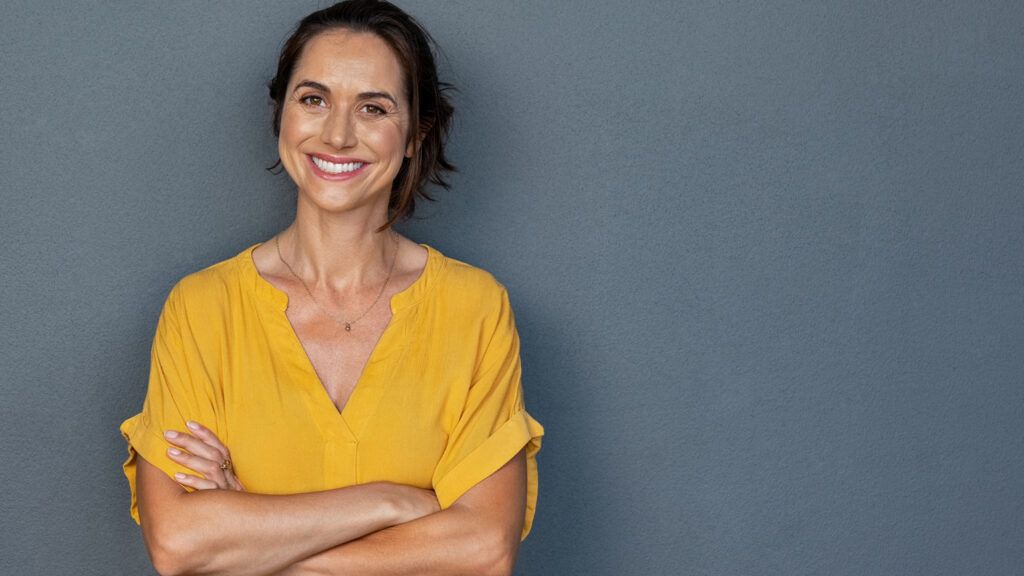Lisa Weitzman, LISW-S, is the WeCare Manager of Business Development at Benjamin Rose Institute on Aging
Years ago, you made a vow to your mom and dad that you would be the one to care for them throughout their entire lives. They asked you to promise—no matter what conditions they may be dealing with—that you would not place them in a long-term care facility. It made sense at the time. You love them so much and are deeply grateful for all they have done for you. This would be your responsibility and you would hold it up, you told yourself. Keeping the pact now, or so you believe, is the very least you can do.
Or perhaps you have been reflecting on another vow: “…for better or for worse, in sickness and in health …” After many happy years of marriage, your spouse’s health is declining. You’ve always taken your wedding vows to heart and, to you, this now means handling your spouse’s care alone. You want to do everything you can to keep him or her happy and healthy. But you are beginning to understand what “for worse” can be all about.
How did you get here? And where is “here”? Regardless of how you got “here,” and regardless of how you view your role in this ever-changing relationship dynamic, you’re beginning to understand that this journey has led you to become a caregiver. Your version of “here” may mean that you have assumed responsibility for paying your loved one’s bills, managing his or her finances or grappling with Medicare over coverage and benefits. “Here” could mean that you have become an authority on your spouse’s or parent’s condition and its progression. Perhaps it means that you now shuttle your spouse to appointments or handle your parent’s cleaning and laundry. It could be that the boundaries of your relationship have shifted and you now must assist with toileting, bathing, dressing or wound care. And “here” may very well mean that you are exhausted from all that you do, and that you desperately need some emotional and physical relief. It’s possible you feel sad or angry or lonely, and alternately guilty for these conflicting emotions.
Why is it so difficult to acknowledge your role as family caregiver? Maybe it’s because you’re afraid that identifying as a caregiver leads to a slippery slope that finds you in need of support yourself. You may think that this makes you a failure. “Why can’t I do it all?” you ask. Surely your loved would do the same for you. As one caregiver put it, “The feeling that you must always smile and never complain is so stifling. It feels that if you complain, you’re inadequate or wanting to give up, which is never the case at all” (Cori Carl, What do you wish other people understood about caregiving? The Caregiver Space, 10/8/2017).
It may seem that identifying as a caregiver may not make a difference, but acknowledging your role can help to relieve some of the stress and strain that inevitably accompany these added responsibilities. Doing so also allows others to validate the work that you are doing. This work often far exceeds the normal demands of adult child or spouse. Realizing that you are a family caregiver means that you can begin to access community supports and services designed to help you and other caregivers. And understanding that you are a caregiver can put you in touch with others who understand the grief that can go along with caregiving: the grief of knowing that, regardless of how much you do or how much you spend, your loved one may never return to the person he or she once was.
Although community-based caregiver support programs like WeCare….because you do cannot “fix” or reverse the process of aging, they offer hope to you, the caregiver: hope that the journey can be deeply rewarding, despite its challenges; and hope that you can be supported, understood, and recognized for all that you have done to get “here.”





